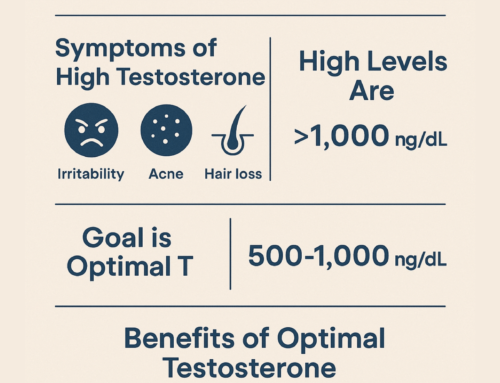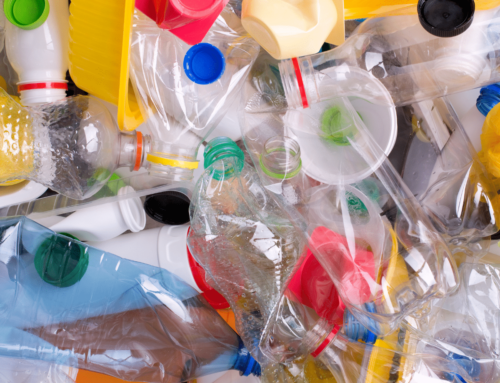Masturbation is good for you in so many ways. It can lower stress, boost your mood, and help you sleep better. Plus, ejaculating regularly might even lower your risk for prostate cancer and help you live longer. But how does it affect your testosterone levels?
The answer isn’t as straightforward as you might think. Dr. Lonny Miller, a leading men’s health expert, hints, “Testosterone plays a major role in your energy, libido, and overall health. While masturbation itself may not be the main issue, there are nuances to how your body responds over time.”
So, what’s really going on with testosterone and your solo habits? Let’s unpack the science to understand how your routine fits into the bigger picture of hormone health.
What Happens to Testosterone During Masturbation?
During arousal and sex, testosterone levels can experience a brief increase. This is part of your body’s natural response to excitement and stimulation. However, this spike is temporary and doesn’t significantly affect your baseline testosterone levels.
“There’s no solid evidence that regular masturbation decreases testosterone over time,” Dr. Miller continues. “But how your hormone levels fluctuate depends on several factors, and those are worth exploring.”
Testosterone’s Role in Your Sex Drive
While masturbation itself doesn’t deplete testosterone, the hormone still plays a key role in how much you feel like engaging in sexual activity—whether solo or with a partner. When testosterone levels dip, you might notice changes in your libido, energy, or even your ability to achieve an erection.
Dr. Miller adds, “If you’re noticing a consistent drop in drive or energy, it could be a sign of something bigger at play—not just your habits, but your body’s natural processes.”
The Bigger Picture: Lifestyle and Testosterone
Instead of worrying about whether masturbation is affecting your testosterone, focus on the factors that have a much greater impact on your hormone levels. Here are the big ones:
- Sleep: Poor sleep can significantly lower testosterone. Aim for 7–9 hours of quality rest each night.
- Exercise: Strength training, particularly with heavy lifting, can naturally boost testosterone production.
- Diet: A balanced diet rich in lean proteins, healthy fats, and zinc can help maintain optimal hormone levels.
- Stress Management: Chronic stress raises cortisol, which suppresses testosterone. Find ways to relax and recharge.
When to Be Concerned
While masturbation itself is unlikely to harm your testosterone, compulsive habits or a dramatic drop in libido might signal a deeper issue. Low testosterone levels are common in men over 30, declining about 1% per year with age.
“As men age, testosterone naturally declines, and that decline might amplify other lifestyle factors that affect your overall health,” says Dr. Miller. “It’s not just about one habit; it’s about understanding the bigger picture.”
The Bottom Line
Masturbation doesn’t significantly decrease testosterone, but the relationship between your habits, lifestyle, and hormone health is complex. Instead of focusing on one action, prioritize the factors that matter most: maintaining a healthy lifestyle, managing stress, and prioritizing sleep and exercise.
And if you notice persistent symptoms like low energy or libido, it’s worth checking in with your doctor. As Dr. Miller puts it, “Your testosterone levels are a puzzle with many pieces, and understanding how they fit together is key to feeling your best.”







